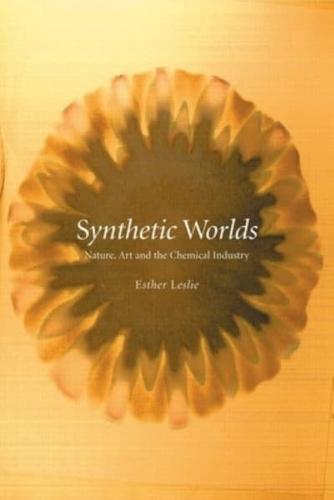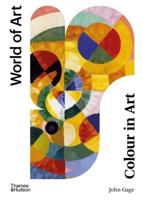Publisher's Synopsis
Esther Leslie considers how radical innovations in chemistry confounded earlier alchemical and Romantic philosophies of science and nature while profoundly influencing the theories that developed in their wake. She also explores how advances in chemical engineering provided visual artists with new colors, surfaces, coatings, and textures, thus dramatically recasting the way painters approached their work. Ranging from Goethe to Hegel, Blake to the Bauhaus, Synthetic Worlds ultimately considers the astonishing affinities between chemistry and aesthetics more generally. As in science, progress in the arts is always assured, because the impulse to discover is as immutable and timeless as the drive to create.









